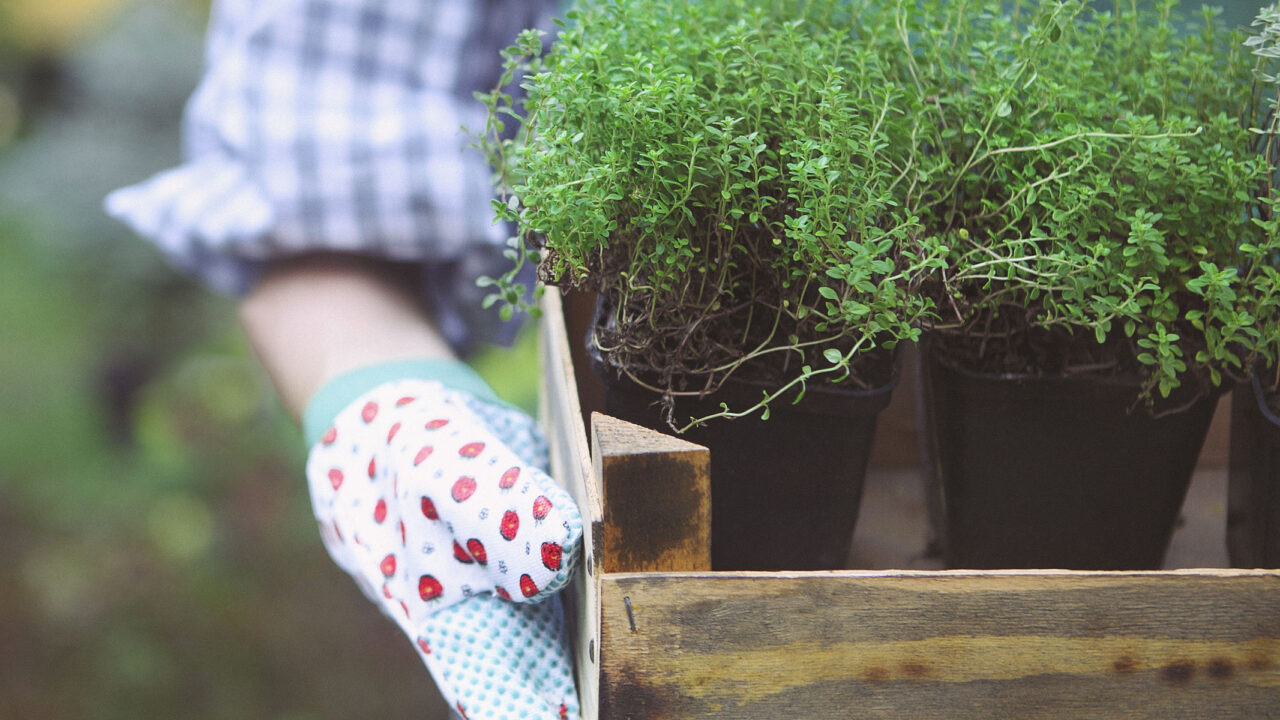Now that fall is right around the corner, it’s a great time to start thinking about getting more produce from your garden. So, if you’re thinking about trying citrus, now is a great time to get started. We’re lucky enough here in Houston to have a climate that allows us to grow a variety of citrus plants, as our winter temperatures usually remain fairly mild, but you will want to be sure to protect your citrus tree from frosts. Good candidates for your backyard citrus orchard include lemons, limes, oranges, grapefruits and others.
If you want to establish a citrus tree in your landscape, choosing the right location is key to success. In order for your citrus plants to fruit properly, you need to make sure they’re planted in a full sun location. At a minimum, they’ll need a good half days’ worth of direct sun, but more is better. Make sure the area you plant your citrus in has good drainage. A heavy compacted soil won’t help your citrus plants thrive. If your soil is heavy or compacted, be sure to amend with organic compost and expanded shade to improve drainage.
Citrus doesn’t like much competition, so don’t allow grass or other weeds to grow around the base of the plant, under the canopy. It’s always a good idea to use a natural root stimulator when you plant new trees or shrubs. You won’t need to apply fertilizer to your citrus until they’ve been in the ground for about one year. Once you see new growth, you can use an organic fertilizer formulated for citrus plants about once per month from spring through mid-fall.
If you don’t have the ideal spot for citrus in your landscape, you can certainly grow it in a container. Be sure to choose a container large enough to accommodate the root system. Be sure the container you’re planting in is at least twice the size of the nursery container your citrus was purchased in. Mature citrus plants will need a container that is equivalent to a 15-gallon or 20-gallon nursery container. Because of their ultra-fragrant blooms, citrus make for fantastic patio plants.
You’ll want to make sure to check new plants daily to make sure they have adequate water, especially citrus in containers. Once citrus become established in the landscape, you’ll be able to reduce watering to once per week. If temperatures are forecasted to drop below freezing, cover citrus with frost cloth. Often, your new citrus plants will produce fruit for you the second year after it’s planted. Typically plants are fully productive by the third year.
Sometimes, your citrus will succumb to pests like aphids, mites and scale; especially if they get too much shade. You can use natural products like insecticidal soap to take care of these pests. If you experience fungal problems, like powdery mildew, you can use products like garden sulfur, copper fungicide or other organics recommended by our garden staff.
Come by the garden center and we’ll help you get started with citrus. Variety selection changes regularly, so feel free to give us a call if you’d like to check on specific availability!
Here is a list of our favorite Citrus for Houston. Availabilities change often, call to see if we have a particular variety in stock.
Meyer Lemon
Eureka Lemon
Seedless Lisbon Lemon
Rio Red Grapefruit
Cara Cara Orange
‘Republic of Texas’ Orange
‘Page’ Mandarin
‘Miho’ Satsuma
Mexican Thornless Lime
‘Ujukitsu’ Citrus
Calamondin
Yuzuquat
Thai Lime
Sarawak Pummelo
Buddha’s Hand Citron
Want to learn more? Check out our video where Zach discusses how to care for your citrus trees organically here.
